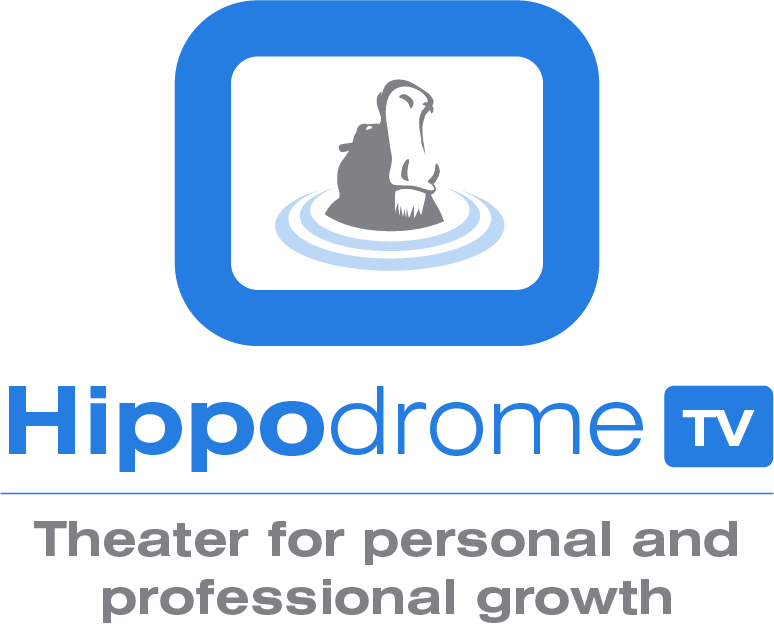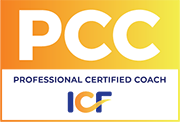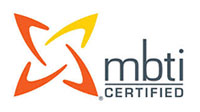Filler Up!

I just spent two days with a wonderful crew of young sales professionals early in their journey. My first onsite trip since January 2020! We spent time breaking down and building up the sales conversation, learning how to connect, the ways we make impact, and the different types of listening skills required to be truly human centric.
OK, sounds awesome; so what’s the problem? The problem is the misuse of energy when having conversations. Wut?
What I mean – quite simply – is the economy of being conversational. Let’s get to it.
Filler Language
Let’s start with “filler” language as I’ve been on a jag about this lately . Filler comes in a few forms in any conversation, and it appears constantly in a sales conversation. It’s not limited to the newbie either; I witness filler across the board with all levels of experience. And it’s not limited to an age, sex or personality demographic either. In my expert opinion, filler language is an energy leak. It’s the rambling that appears when we are thinking about what to say next and/or are uncomfortable with powerful questions.
The Permission Slip
This little gem is uttered before asking a question. I call it the permission slip because it seems like you’re asking for permission to ask the question that’s coming next. It goes something like this: “So I would like to ask a question about this because we see it all the time with our clients and they say that what you’re experiencing has caused them a lot of problems also so can you tell me, what is the impact this problem is causing you?” Can someone take the knitting needle from my eye please? Think about what’s going through your counterpoint’s mind while you’re dancing around asking a powerful question by giving all the reasons why you are about to ask it. Just ask the question!
The Disclaimer Statement
Have you ever been required to acknowledge a disclaimer statement on the web where you have to check a box that says “I understand” or “I agree”at the bottom of a statement? Well in this example, we’re feeling obligated to provide that acknowledgement repeatedly after a person’s previous statement. It goes like this: “I completely understand what you are saying…followed by a specific reference to what the person said.” Why is this so annoying Mr. Hippo? Well, assuming you’re speaking the same language, it becomes annoying when said after every statement your counterpoint makes. It’s like you’re saying, “Listen up, I hope you understand me even though we are literally speaking the same language!!!. If you want to see how bizarre this is just invert it to “I don’t understand.” Wouldn’t that be annoying? So why is “I understand” acceptable? It’s a waste of good conversation.
Gotcha
This one may be relatively new and I hear it all the time now. Maybe it’s from the Tik Tok generation or just the next form of “like.” (Thanks for that one Moon Zappa) When acknowledging someone we say “Gotcha.” When I was a kid, “Gotcha” was what your grandpa did when he tweaked your cheek. Or, when we were about to fall out of a tree and our best friend and fellow daredevil grabbed us and yelled “Gotcha.” Now we utter this to say “I understand.” (See The Disclaimer Statement) And the riff on this is “Gotcha, gotcha, gotcha.” Holy smokes, are you channeling Charo?
Over-recapping
Reframing run amok is over-recapping. When done effectively, reframing is a wonderful tactic to signal our counterpoint that we are paying attention. The summary of what’s been said, especially when our counterpoint is clearly passionate about something is critical when listening to connect. It can, however, go sideways when we overuse it after every response. I would rather see a label, or a powerful followup question that serves our counterpoint by connecting their concern or desire to the potential impact. Go easy on the recap. This is not ESPN. It’s a conversation.
100%
I’m throwing this one in as a bonus or extra Powerball number. It’s become a trendy slang expression right now. And I never say it, ever. Why? Because everyone else is saying it. It’s when we acknowledge our counterpoint with the affirmative “100 percent.” 100% of what? Again, a label, mirror, powerful question, or some sort of extending curiosity is far more productive. Recently, due to inflation I guess, there is a new riff: “1000 percent”! Everything just keeps getting more expensive!
So Boomer runs amok criticizing everyone about what and how they say things. Does it really matter since studies show that only 7% of conversation relies on the words we choose? Especially when so much of what’s important when conveying ideas lies in body language, stage presence, tone, facial expressions and the platform we choose to deliver it all. Why is this a big deal? Well it takes words to conduct conversations; to convey ideas,and explain details that benefit others and ourselves. It may only be 7% of the entire conversation and yet, words are where it all begins. What we say is the crux since it’s where we tend to connect to each other first. So let’s pay attention to what’s said and what’s left unsaid. Let’s be intentional with it. It’s about conversational economy. 1000%.
“I challenge salespeople to become sales professionals. I guide managers to become leaders.” Welcome in 2022 with the wild idea of investing in you! Here’s a link to start creating that discussion right now!
Be big. Be cool. Be hippo.
Ready to get started?









